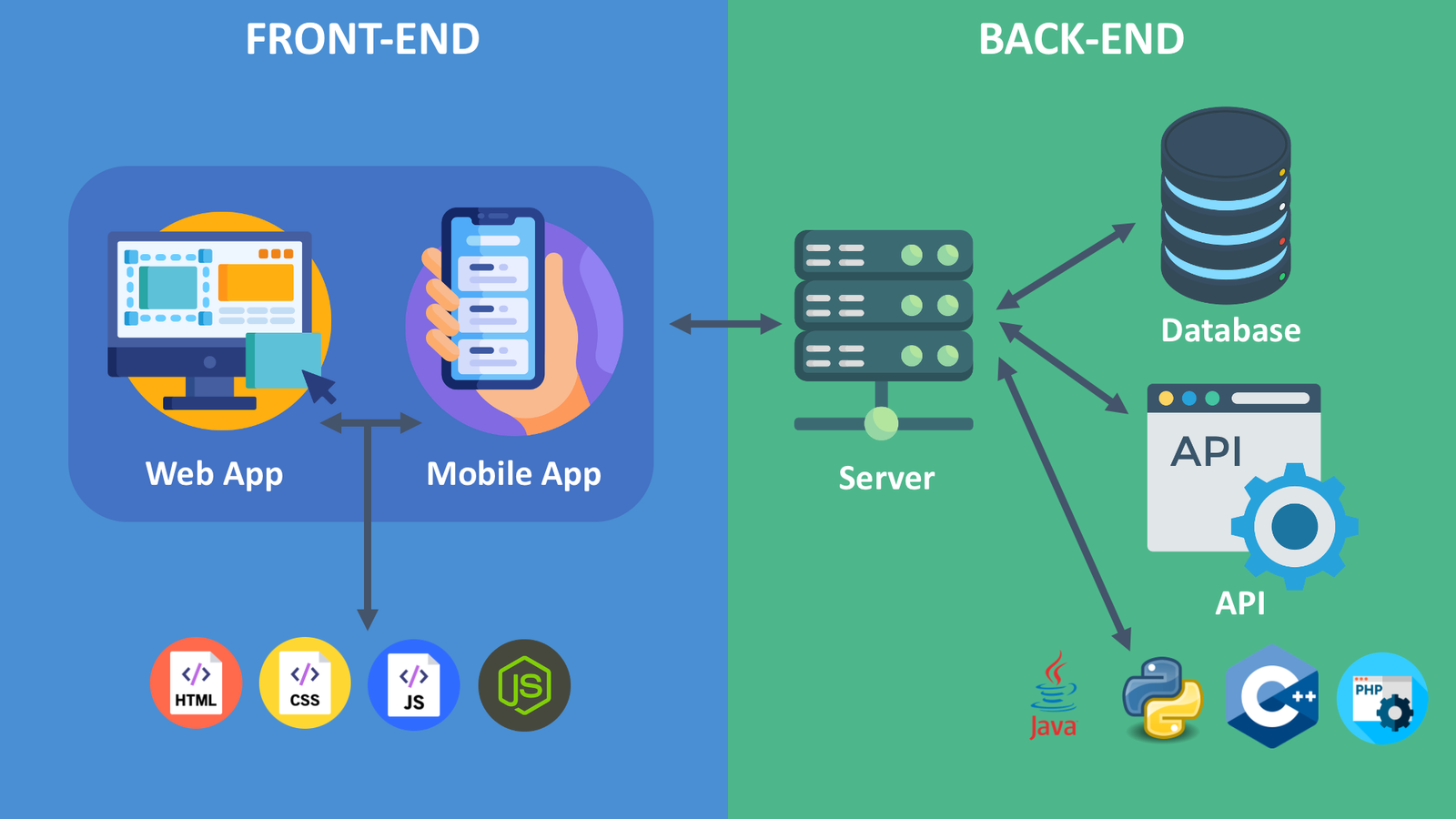Accounting Tips for Small Business Owners

Here’s a detailed write-up on Accounting Tips for Small Business Owners, including key points and explanations to help guide financial management and business growth:
Good accounting practices are the backbone of a successful small business. From budgeting and tax filing to financial forecasting and investment decisions, having accurate financial records ensures you remain in control of your company’s performance. Here are some essential accounting tips every small business owner should follow:
1. Separate Personal and Business Finances
Key Points:
-
Open a dedicated business bank account and credit card.
-
Avoid mixing personal and business expenses to simplify bookkeeping.
-
Keeps financial reporting accurate and supports legal protection in case of audits or liability issues.
Why It Matters:
Mixing finances can lead to confusion and legal problems. It’s also much easier to track business performance when all expenses and income are isolated.
2. Use Accounting Software
Key Points:
-
Tools like QuickBooks, Xero, or FreshBooks automate and simplify bookkeeping.
-
Most software integrates with your bank, tracks invoices, and generates financial reports.
Why It Matters:
Manually tracking finances can lead to errors. Accounting software saves time, improves accuracy, and provides valuable insights into cash flow and profitability.
3. Track Every Expense
Key Points:
-
Keep receipts and document every transaction.
-
Use mobile apps to scan and store receipts instantly.
-
Categorize expenses consistently (e.g., rent, utilities, marketing).
Why It Matters:
Accurate expense tracking helps identify tax deductions and shows where money is being spent, aiding better decision-making.
4. Stay on Top of Invoicing
Key Points:
-
Send invoices promptly and follow up on overdue payments.
-
Automate reminders and use invoice tracking tools.
-
Set clear payment terms (e.g., Net 15 or Net 30).
Why It Matters:
Late payments disrupt cash flow. Efficient invoicing ensures you get paid faster and keeps your revenue cycle healthy.
5. Monitor Cash Flow Regularly
Key Points:
-
Maintain a cash flow statement to track inflows and outflows.
-
Understand seasonal patterns in income and expenses.
-
Avoid overspending during low-revenue periods.
Why It Matters:
A profitable business can still fail due to poor cash flow. Regular monitoring ensures you have funds to cover obligations like rent, payroll, and inventory.
6. Hire a Professional Accountant
Key Points:
-
An accountant can assist with tax planning, financial analysis, and compliance.
-
Helps identify tax-saving opportunities and avoid penalties.
Why It Matters:
While DIY accounting may work early on, a professional brings strategic financial insight that contributes to business growth.
7. Plan for Taxes Year-Round
Key Points:
-
Set aside funds for quarterly estimated tax payments.
-
Understand deductions relevant to your industry.
-
File all required documents on time.
Why It Matters:
Unexpected tax bills can cripple your budget. Year-round planning avoids surprises and may reduce your overall tax liability.
8. Conduct Regular Financial Reviews
Key Points:
-
Review income statements, balance sheets, and cash flow reports monthly or quarterly.
-
Analyze profit margins, expenses, and financial trends.
Why It Matters:
Frequent reviews help you spot potential issues early and make informed business decisions based on real data.
9. Keep Up with Regulatory Changes
Key Points:
-
Stay informed about changes in tax laws, payroll rules, and reporting requirements.
-
Consult experts or follow updates from relevant government websites.
Why It Matters:
Compliance is critical. Staying current helps avoid fines and ensures your financial practices align with legal standards.
10. Prepare for Growth
Key Points:
-
Build a scalable accounting system that can grow with your business.
-
Keep historical financial records for investors, loans, or audits.
-
Forecast future financial needs based on trends.
Why It Matters:
Proper financial planning sets the foundation for scaling your business without chaos.
Final Thoughts
Smart accounting is not just about tracking money—it's about gaining control, planning for the future, and making informed decisions. Whether you’re a solopreneur or managing a small team, these tips will help you stay organized, compliant, and positioned for success.






